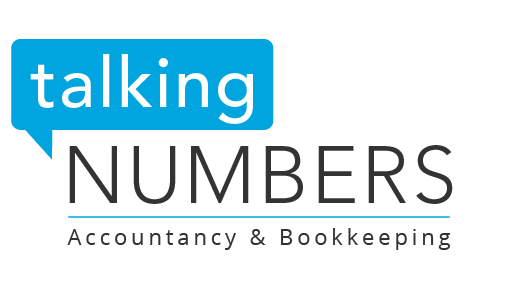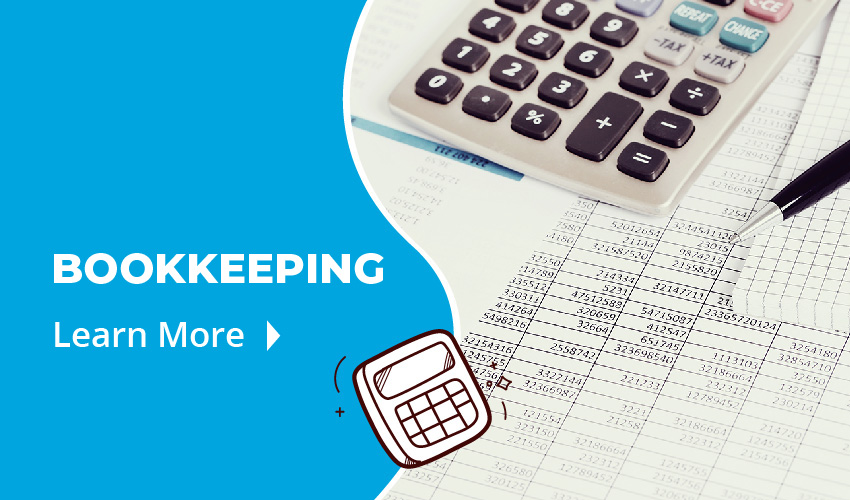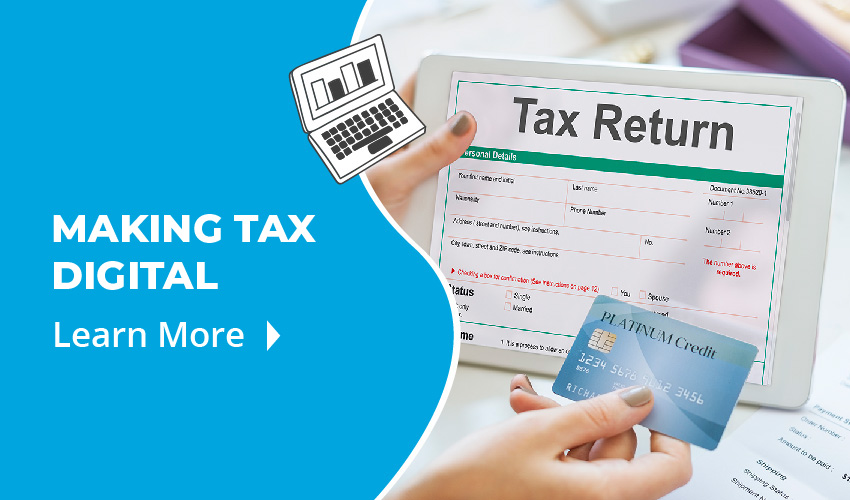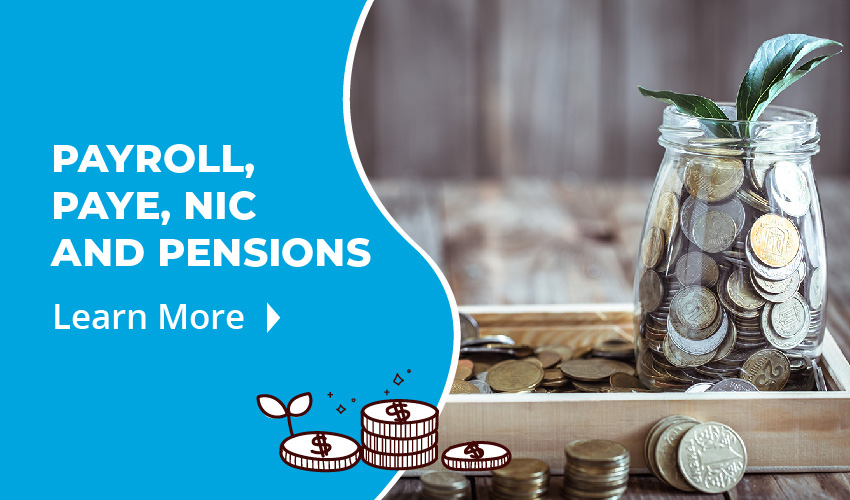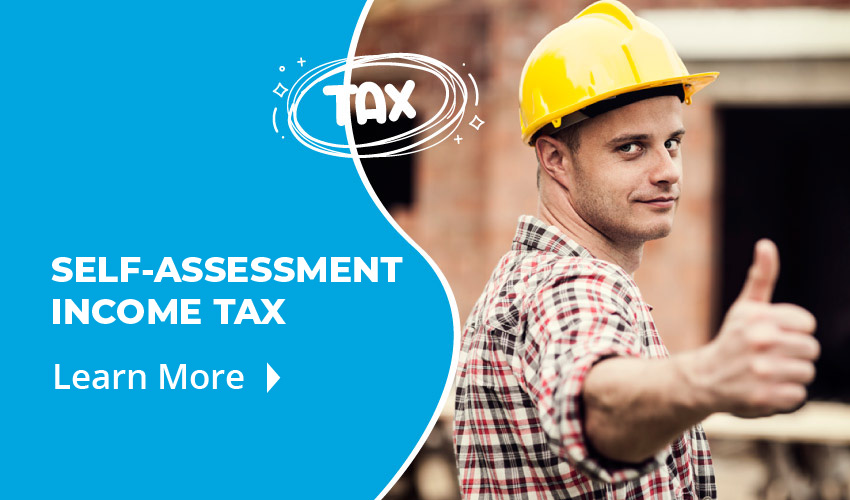Since 2016, landlords haven’t been able to deduct mortgage interest when calculating their taxable profits from property letting. Instead, landlords can claim a basic rate tax credit to reduce the tax payable. But what’s the difference?
The basic rate of income tax is 20% throughout the UK, but the thresholds that you pay this rate at are different depending on where you live. The Scottish basic rate is paid at 20% on income between £15,398 and £27,491 for 2025/26. If your total income, including profits from rental property (before deducting mortgage interest) is below £27,491, then the restriction on mortgage interest will not affect you. The way your tax is calculated changes, but it will not make a difference to the amount you pay.
If your income is more than £27,492, then the tax rate that you pay will be at least 21%, meaning that you do not receive relief for your mortgage interest in full. Your tax is calculated before deducting mortgage interest, and then a 20% credit is applied to the mortgage interest which reduces your tax bill by that amount.
The difference is subtle, and doesn’t affect basic-rate taxpayers, but where it can make a difference is by pushing taxpayers into a higher tax band. This means more of their income is taxed at the higher rates before being reduced by the tax credit.
What can I do?
There’s not a lot you can do about the restriction, but you should make sure that you are claiming all your allowable expenses. We can help you by checking your expenses and advising on things you might not have thought about claiming.
Talking Numbers Accountancy and Bookkeeping can help you to understand what this means for you. Tax doesn’t need to be taxing – we can help you understand your numbers and ensure that you are taking advantage of all available reliefs and allowances. Get in touch today for a free, no-obligation consultation.
